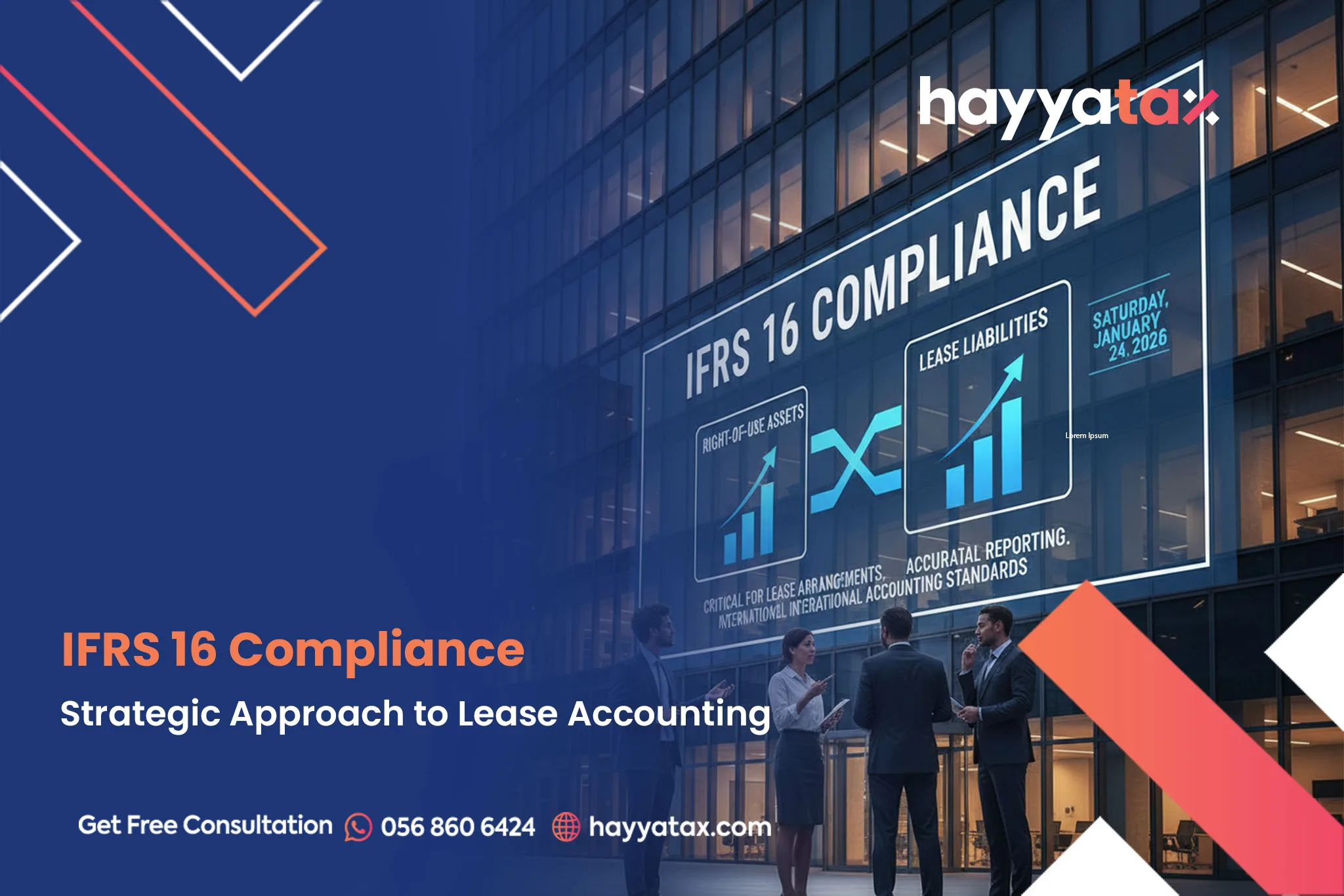IFRS 16 Compliance is essential for organizations seeking accurate lease accounting and transparent financial reporting. Proper IFRS 16 Compliance ensures that lease liabilities and right-of-use assets are correctly recognized, measured, and disclosed in line with international accounting standards. Companies that prioritize IFRS 16 Compliance reduce audit risks, improve financial comparability, and strengthen stakeholder confidence.
The International Accounting Standards Board (IASB) established IFRS 16 as a comprehensive global accounting standard governing lease transactions in financial statements. Implemented on January 1, 2019, this standard replaced IAS 17, significantly enhancing transparency and comparability across organizations worldwide.
Before IFRS 16, businesses didn’t include leased assets on their balance sheets, resulting in potentially misleading financial ratios and making comparative financial analysis challenging. The new standard mandates that lessees recognize both a right-of-use asset and a corresponding lease liability on their balance sheets for most lease agreements.
Key Steps for IFRS 16 Implementation
1. Master the Core Principles
Understand the fundamental change in IFRS 16: most leases now appear directly on the balance sheet, transforming financial reporting transparency.
2. Comprehensive Documentation Collection
Gather all lease contracts, terms, payment schedules, extension options, and other relevant information necessary for complete compliance.
3. Lease Classification and Identification
Determine which contracts qualify as leases under IFRS 16 by applying the specific criteria outlined in the standard. This critical step ensures proper treatment of all agreements.
4. Calculate Right-of-Use Assets and Lease Liabilities
Perform precise calculations for each lease, following IFRS 16 methodology for determining both the ROU asset value and corresponding lease liability.
5. Determine Appropriate Discount Rates
Identify and apply the correct discount rates—typically the implicit interest rate in the lease or the lessee’s incremental borrowing rate—ensuring accurate present value calculations.
6. Develop Payment Projection Models
Create comprehensive models forecasting lease payments throughout the lease term, incorporating adjustments for variations in payment amounts or schedules.
7. Apply IFRS 16 Accounting Principles
Implement the standard’s specific guidance on initial recognition, subsequent measurement, and lease modification accounting for consistent financial reporting.
8. Create Amortization Schedules
Develop detailed schedules showing the gradual reduction of both ROU assets and lease liabilities throughout the lease term, reflecting accurate accounting treatment.
9. Ensure Financial Statement Integration
Verify that all lease calculations smoothly integrate with your income statement and balance sheet, providing accurate representation in financial statements.
10. Validate Against Actual Agreements
Compare your IFRS 16 calculations against actual lease agreements and transactions to confirm accuracy and thoroughness.
11. Document Your Methodology
Maintain comprehensive documentation of your IFRS 16 model, including assumptions, methodologies, calculations, and special considerations for audit purposes.
12. Conduct Rigorous Testing
Perform scenario analysis and sensitivity testing to ensure your model remains accurate under various conditions.
13. Implement Regular Reviews
Maintain ongoing compliance by regularly reviewing and updating your IFRS 16 model to reflect changes in lease agreements, accounting standards, or organizational requirements.
Challenges in IFRS 16 Compliance and Implementation
Organizations face several challenges when implementing IFRS 16:
- Data Collection Complexity: Gathering comprehensive lease data can be particularly challenging for organizations with decentralized management or numerous lease agreements.
- Interpreting Complex Terms: Understanding and accounting for intricate lease terms, variable conditions, and extension options requires detailed analysis.
- Calculation Precision: Ensuring accurate present value calculations and appropriate discount rate determination demands meticulous attention to detail.
- Ongoing Compliance: Maintaining continuous compliance as lease portfolios evolve requires dedicated resources and expertise.
Expert Support for IFRS 16 Compliance
At HayyaTax, we understand the complexities involved in IFRS 16 implementation. Our team of experts specializes in designing comprehensive lease accounting solutions that ensure full compliance while minimizing disruption to your operations.
Expert guidance plays a critical role in achieving IFRS 16 Compliance, especially for organizations managing large or complex lease portfolios.
CONCLUSION
IFRS 16 Compliance is not just a regulatory requirement—it is a strategic accounting practice that enhances transparency, accuracy, and financial credibility.
Whether you’re just beginning your IFRS 16 journey or looking to optimize your existing process, HayyaTax provides tailored consulting services to meet your specific needs. Our approach combines technical expertise with practical implementation strategies, helping you transform IFRS 16 compliance from a regulatory burden into a valuable financial reporting enhancement.
Contact us today to learn how our IFRS 16 solutions can support your organization’s financial reporting excellence.
